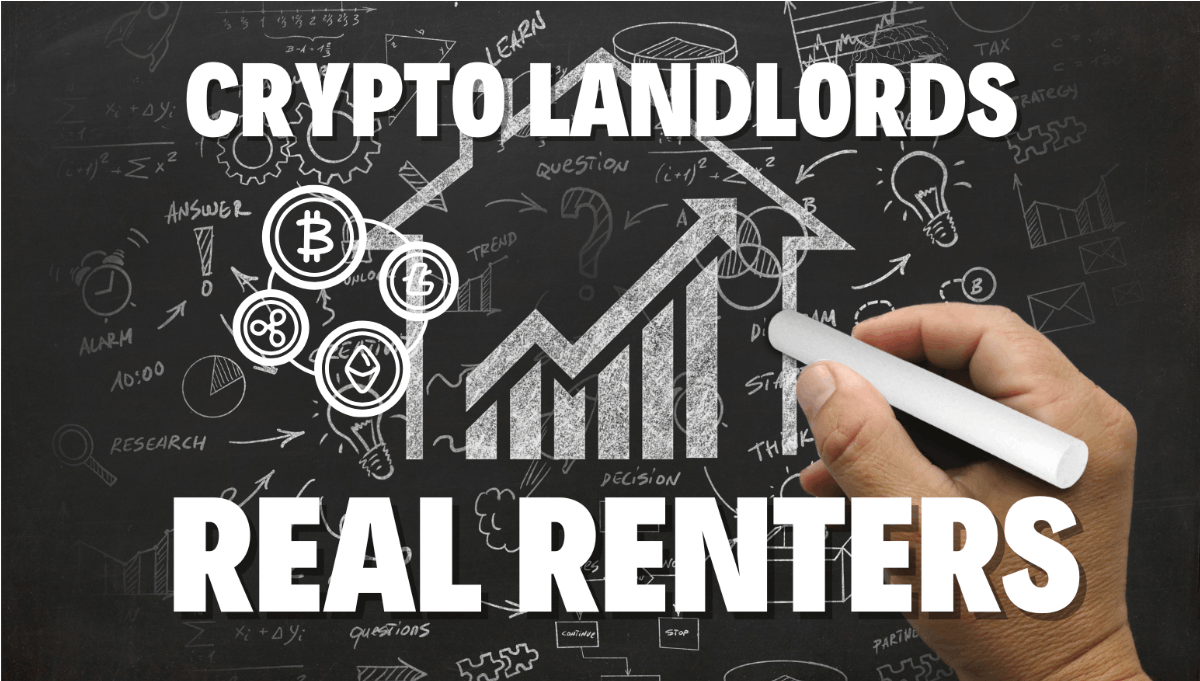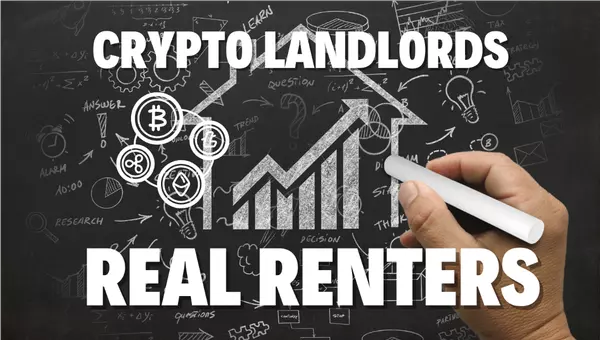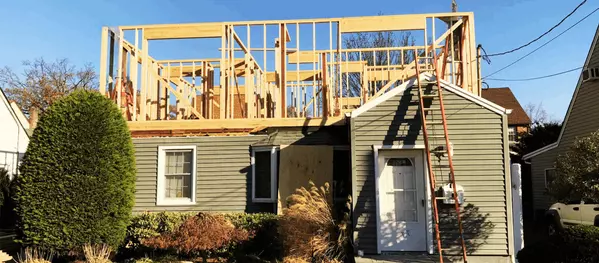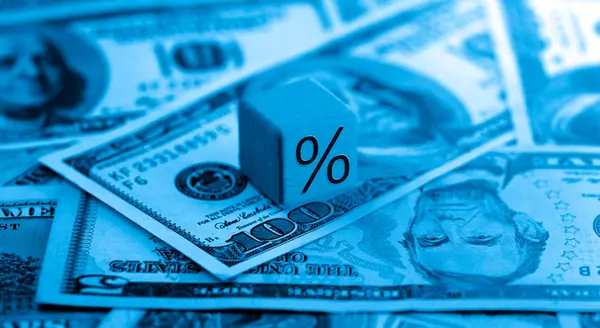Crypto Landlords

This is a story about the intersection of cryptocurrency, real estate investors, and renters.
Around the country, especially in large cities, a scheme has emerged where large investment companies purchase apartments and houses and then tokenize them so that they can sell individual tokens to investors who purchase the tokens using cryptocurrency.
Think of a token as a piece of the property. A property can be divided into tens, hundreds, or thousands of tokens. For example, a property worth $500,000 might have 500 tokens worth $1,000 each. Or it could have 10,000 tokens, worth just $50 each. That can be very attractive to small investors.
By bringing together dozens of investors for a property, the value of the property can actually be driven up, creating more profits for the investment companies and token holders. The result can be an artificially inflated market that contributes to gentrifying previously less desirable communities.
While that is arguably good or bad, depending on where you stand , there is one additional aspect to this type of investment that bears noting.
When the topmost investment companies act as responsible landlords for the properties they hold, everyone (again, arguably) wins. Problems arise when unscrupulous investment companies increase profits by cutting corners on repairs and management, often simply ignoring the people who live in these properties. In essence, those investment companies become slumlords.
This is not always the case, and there are numerous responsible tokenized real estate investment opportunities available. So, whether it's a financial or moral decision for you, it can pay to dig deeper into the tokenized investments you're considering.
Around the country, especially in large cities, a scheme has emerged where large investment companies purchase apartments and houses and then tokenize them so that they can sell individual tokens to investors who purchase the tokens using cryptocurrency.
Think of a token as a piece of the property. A property can be divided into tens, hundreds, or thousands of tokens. For example, a property worth $500,000 might have 500 tokens worth $1,000 each. Or it could have 10,000 tokens, worth just $50 each. That can be very attractive to small investors.
By bringing together dozens of investors for a property, the value of the property can actually be driven up, creating more profits for the investment companies and token holders. The result can be an artificially inflated market that contributes to gentrifying previously less desirable communities.
While that is arguably good or bad, depending on where you stand , there is one additional aspect to this type of investment that bears noting.
When the topmost investment companies act as responsible landlords for the properties they hold, everyone (again, arguably) wins. Problems arise when unscrupulous investment companies increase profits by cutting corners on repairs and management, often simply ignoring the people who live in these properties. In essence, those investment companies become slumlords.
This is not always the case, and there are numerous responsible tokenized real estate investment opportunities available. So, whether it's a financial or moral decision for you, it can pay to dig deeper into the tokenized investments you're considering.
Categories
Recent Posts

Why a Pre-Listing Inspection May Be Worth It in Today’s Market

Crypto Landlords

What's the Impact of Presidential Elections on the Housing Market?

Falling Mortgage Rates Are Bringing Buyers Back

The Biggest Mistakes Sellers Are Making Right Now

Should I buy a condo or wait until I can afford a house?

Can I Slap a Second Level on Top of a Single-Level House?

How Mortgage Rate Changes Impact Your Homebuying Power

The Price of Perfection: Don’t Wait for the Perfect Home

What Every Homeowner Should Know About Their Equity

